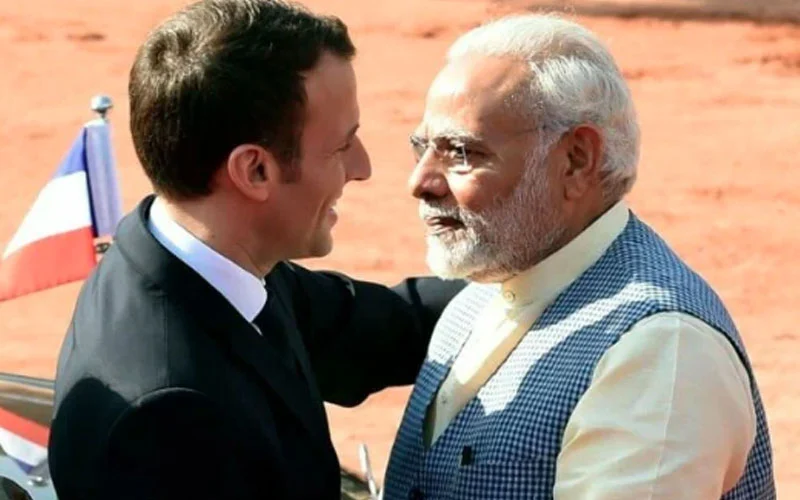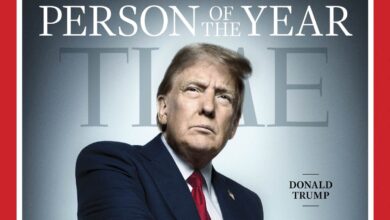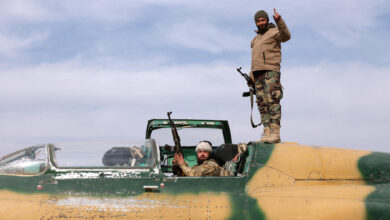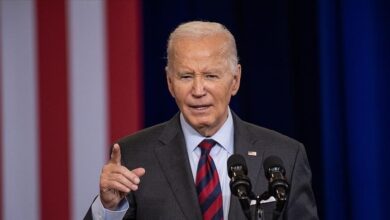
Canada’s relations with India have taken a turn downwards due to Canadian Prime Minister Justin Trudeau often belittling India in the media. Last week, he made a negative comment about India in the context of Hardeep Singh Nijjar, the Sikh separatist leader killed in Delhi on January 6 this year. Trudeau was also accusing the Indian authorities that were accused to have been behind Nijjar’s death, that being said the Indian government did not approve this argument. This is where the conflict comes to the global focus and places the focus on the more delicate aspects of the Canada-India relationships and specifically the relations with the Sikh groups separatists in Canada. ### A Detailed Overview of the Case of Hardeep Singh Nijjar’s Shooting
On June this year, Hardeep Singh Nijjar, a prominent proponent of the Khalistan movement, was shot in Surrey, British Columbia. Nijjar had always been working towards the cause of Khalistan and was the lead advocate of the people of the North for decades and also helped create the Sikh community in the Canadian city of British Columbia and Ontario. Nijjar was seen as the anti-India who was accused by his country for participating in the causes of secessionist movements in India and then he even supported Sikh autonomy at the same time he was participating in various protests across Canada. That brought instant fear and a hasty assumption about him living among a group of Sikh immigrants in Canada. The alleged link of the prime suspect is linked to Canadian Prime Minister Trudeau and also claims proof by “reliable sources” of Indian officials to be linked with the murder of Nijjar. In a speech delivered to the Canadian parliament, Trudeau stated that foreign agents were involved in the killing of a Canadian citizen on the Canadian continent which was a despicable crime against Canada. He sought India’s assistance in the investigations of the USA concerning the killing. ### India’s Response
The criticism has been shot down out of the window with India repudiating the accusations made about them, calling them “absolute and unfounded”. Thus, it can be concluded that Indian authorities have informed that the Khalistan groups found asylum in Canada, which continues to print and circulate funding, also engaged in activities directed against India. The Indian authorities are continually urging Canada to take action against these groups because they consider them as a threat to Canada’s sovereignty. After Trudeau’s criticism, the Indian government quickly responded by sending its High Commissioner for Canada in New Delhi and also made an explicit protest against him. In response, India’s Ministry of External Affairs said that such a claim is false, and therefore, the world community should be aware of Canada’s lack of action against Sikh separatist groups. The ministry also said that India is bound to follow international laws and be obedient to other nations and have their autonomy also respected. • Diplomatic Fallout
This has led to conflicts with the Canadian government and India, resulting in diplomatic problems. Today Canada has expelled one of India’s top diplomats, an Indian diplomat that Canada exiled one of their citizens who was of Canadian origin has also exiled by India and it has been reported that India has expelled one of Canada’s diplomats from New Delhi in response. This has likely compounded the existing tense situation which is further complicated due to the issue of Khalistan, a historical conflict between Pakistan and a disputed region of Pakistan and India. In Canada, the Indian diaspora is again divided, the majority of Canadians supporting the Indian government’s policy while the cause of Sikh independence remains supported by a few. People should expect them to be monitored or even affected by this phenomenon in the international environment. Recently, the United States and United Kingdom which have large Sikh populations both have raised the alarm. Neither of them had responded to the media to provide any comments on their activities or had expressed any advice in an open letter that the two countries can end the conflict by accepting each other to achieve some peace between them and preventing their relations from increasing again. ### Conclusion
Khalistan is actually another chapter in the story between Canada and India in the matter of relations between Canada and India due to issues between the two countries. The Canadian Prime Minister’s decision to declare the Canadian Indian government liable for Nijjar’s murder and murder of Nijjar had contributed more to the decline of the Canadian- Palestine diplomacy and caused the Canadian and Palestinian relations to further deteriorate. This offers both the nations an intricate task of coping with the crisis while also pursuing friendly relations with other states.




